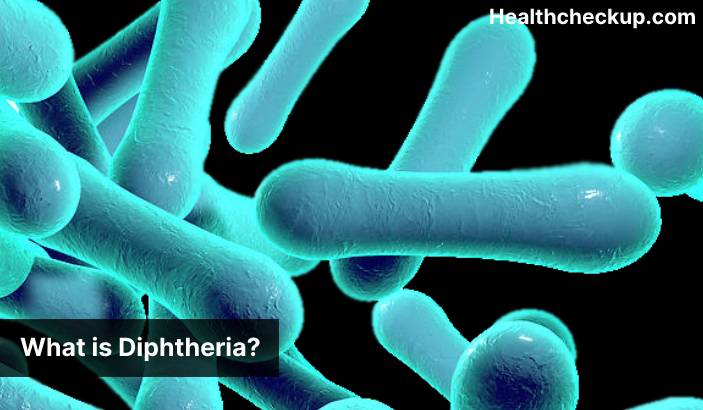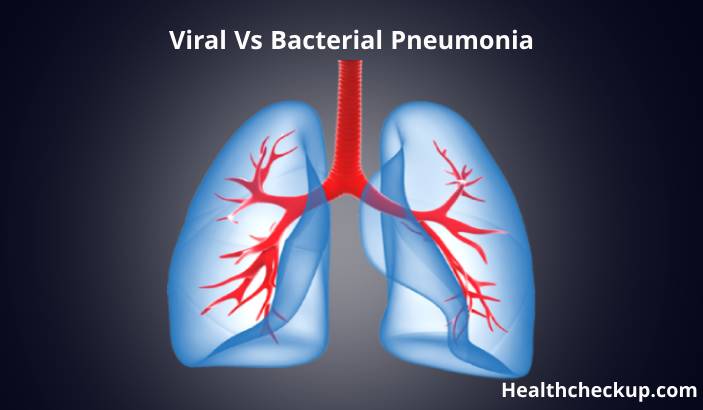Diphtheria is a serious bacterial infection that affects the upper respiratory tract, including the nose, throat, and larynx. It is caused by the bacterium Corynebacterium diphtheriae and is transmitted through close contact with infected individuals. Diphtheria can lead to serious complications, including heart damage and paralysis, and can be life-threatening if not treated promptly.
Symptoms of diphtheria
Symptoms of diphtheria appear two to five days after infection and include:
- Sore throat
- Fever
- Swelling of the neck
- Difficulty swallowing
- Hoarseness
- Fatigue
- Enlarged lymph nodes
In severe cases, diphtheria can lead to complications, such as:
- Difficulty breathing
- Heart damage
- Paralysis
- Nephritis (inflammation of the kidneys)
Diagnosis of diphtheria
Diphtheria is typically diagnosed based on the presence of characteristic symptoms and a history of exposure to infected individuals. Laboratory testing, such as a throat culture or PCR test, is also used to confirm the diagnosis.
Treatment of diphtheria
Diphtheria can be treated with antibiotics, although treatment is most effective if it is started early in the course of the illness. In addition to antibiotics, treatment also includes supportive care, such as oxygen therapy and medications to manage symptoms.
Prevention of diphtheria
Diphtheria can be prevented through vaccination with the diphtheria, tetanus, and pertussis (DTaP) vaccine. The DTaP vaccine is typically given as a series of five shots, with the first dose given at two months of age and the final dose given at four to six years of age. booster doses of the vaccine are recommended every 10 years to maintain immunity.
It is also important to practice good hygiene, such as washing hands frequently and covering the mouth and nose when sneezing or coughing, to reduce the risk of infection. If you have been in close contact with someone who has diphtheria, it is important to seek medical attention and follow guidelines from public health authorities to reduce the risk of infection.









